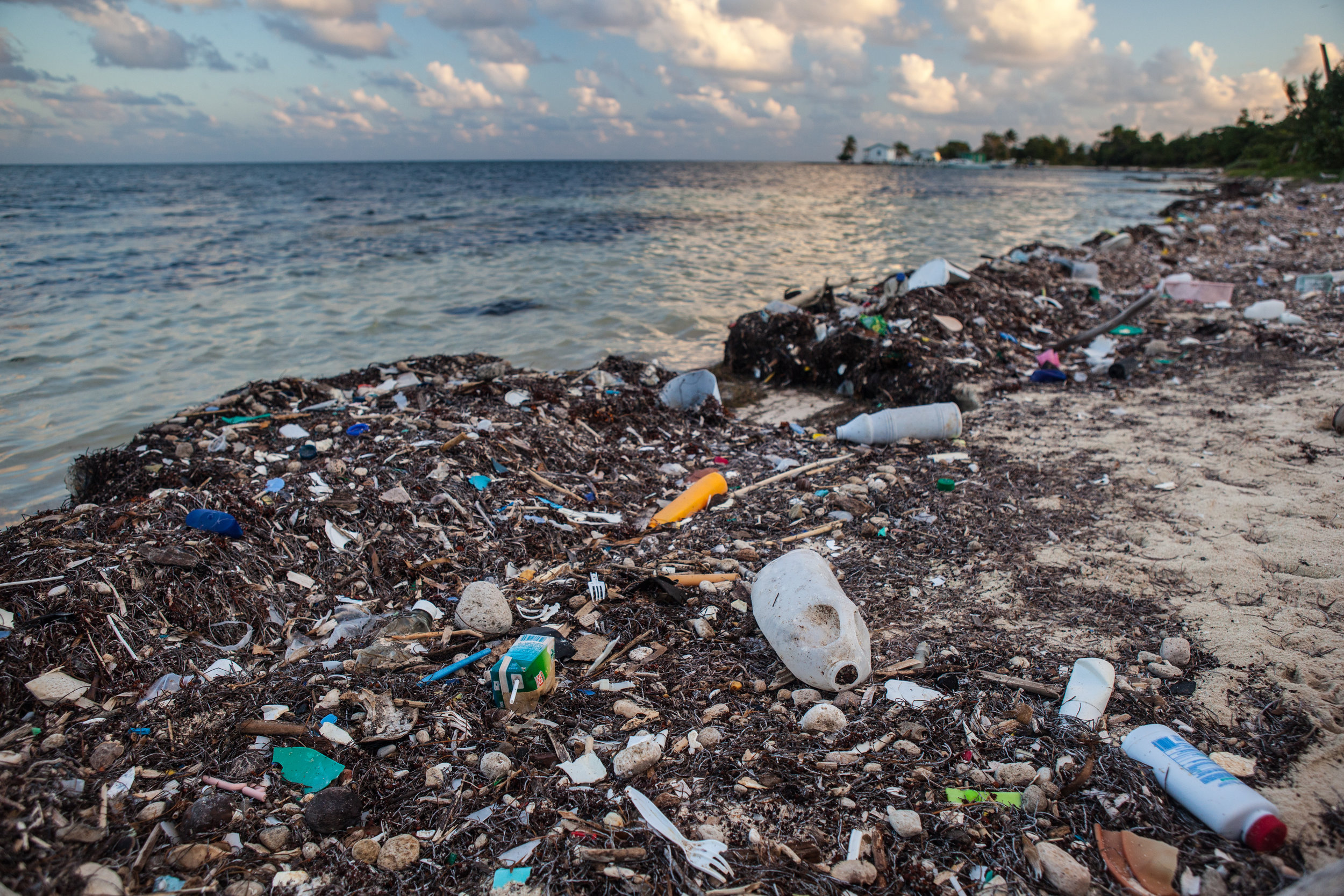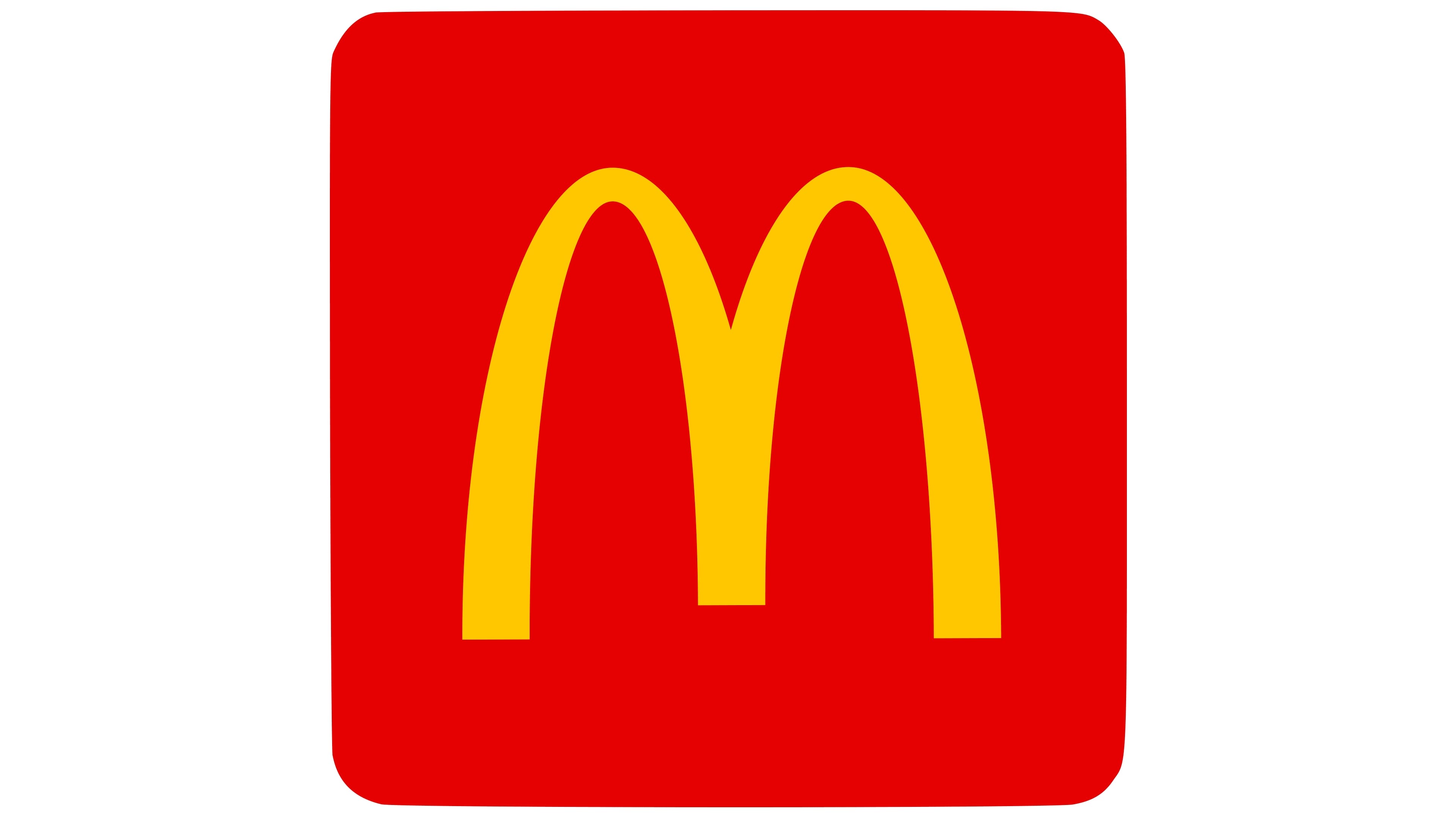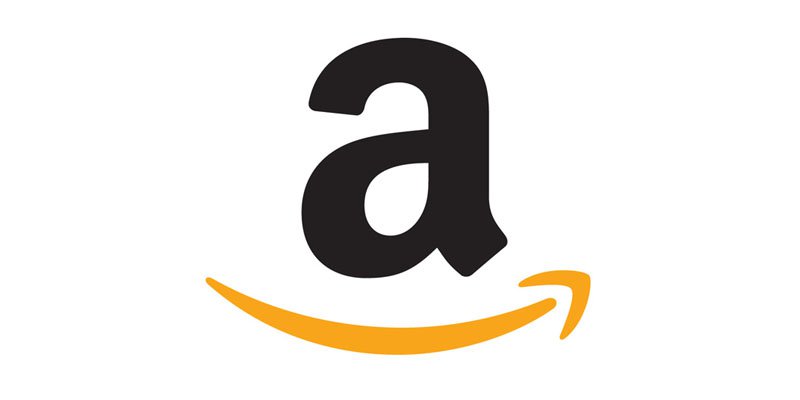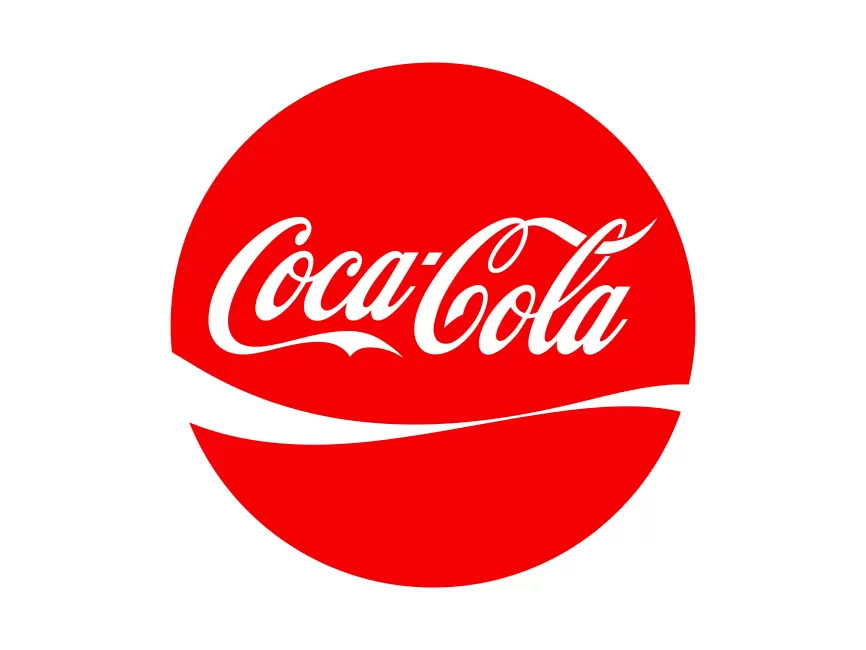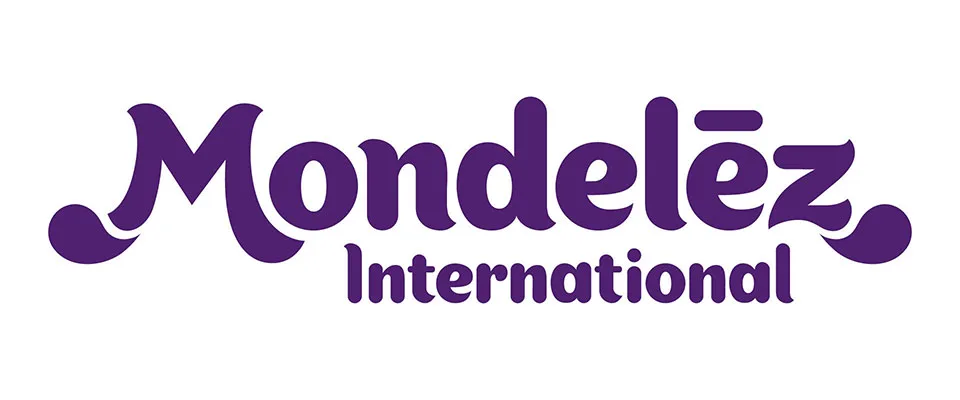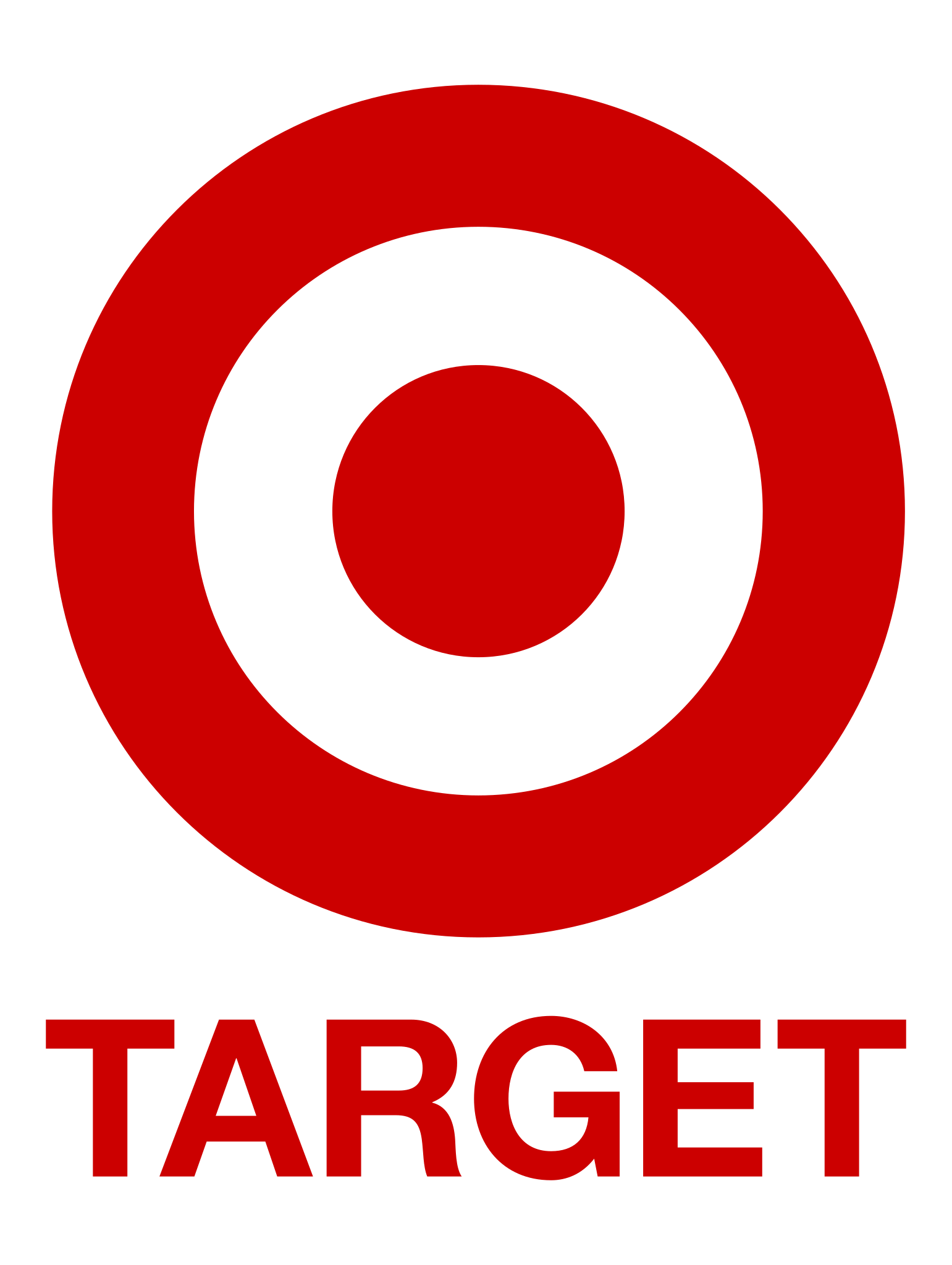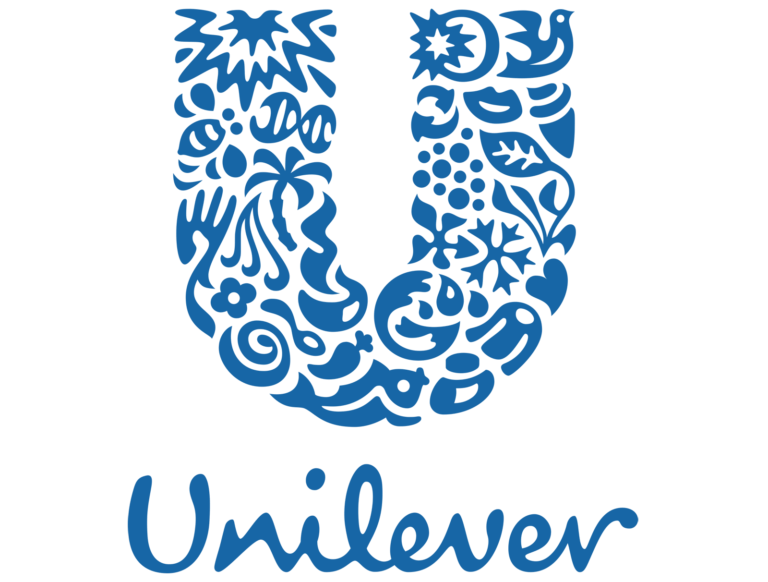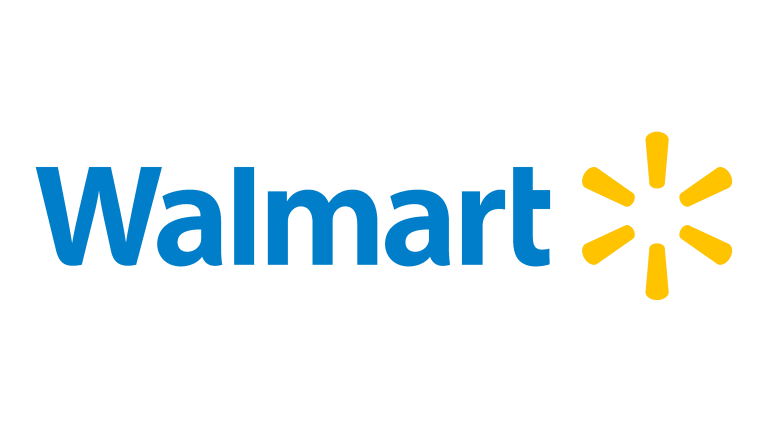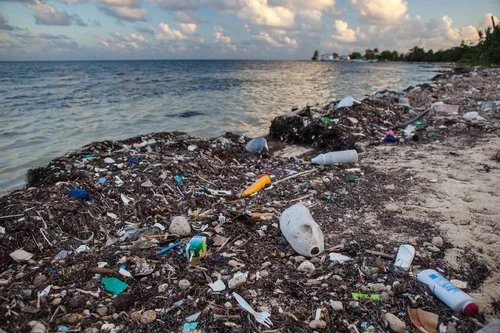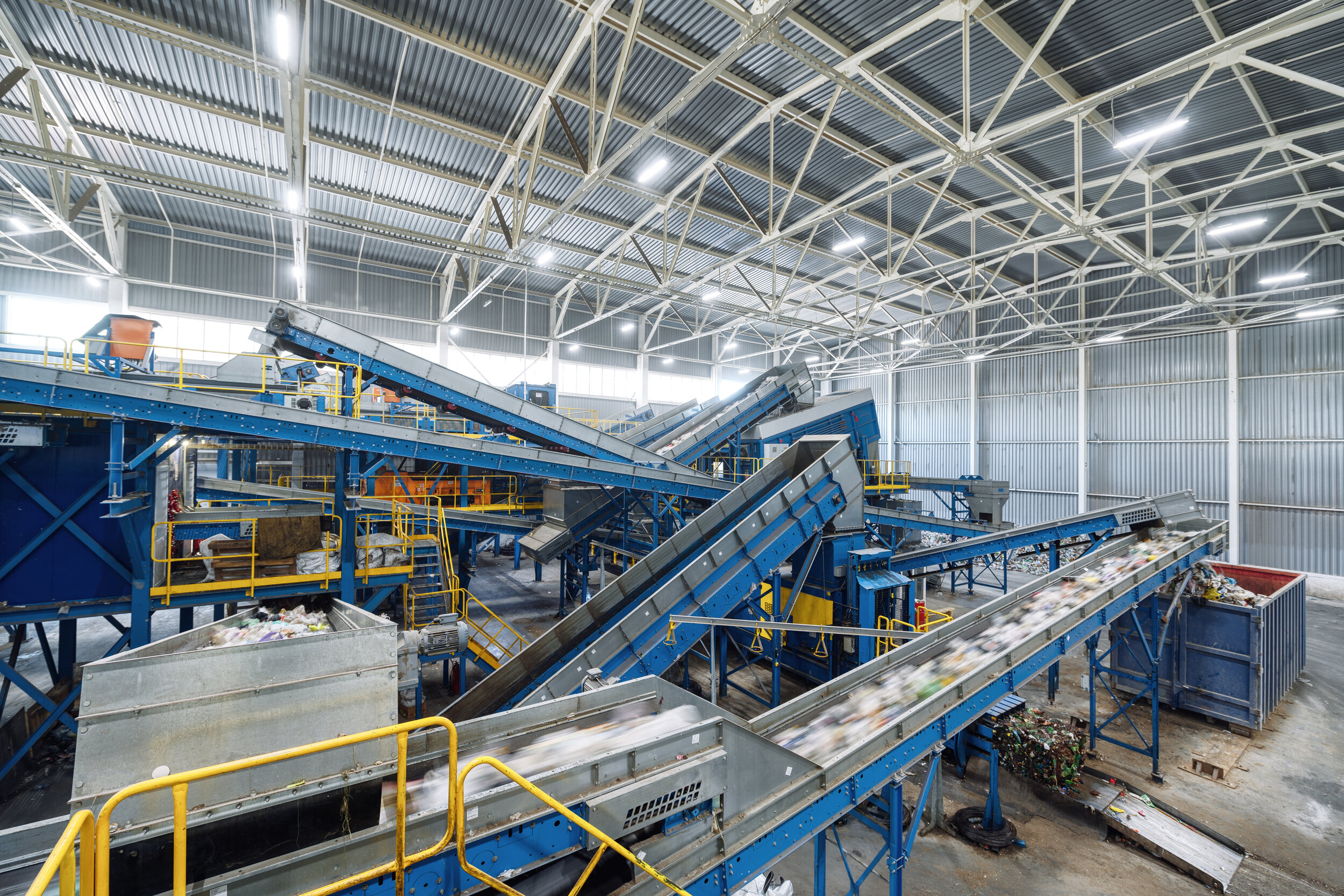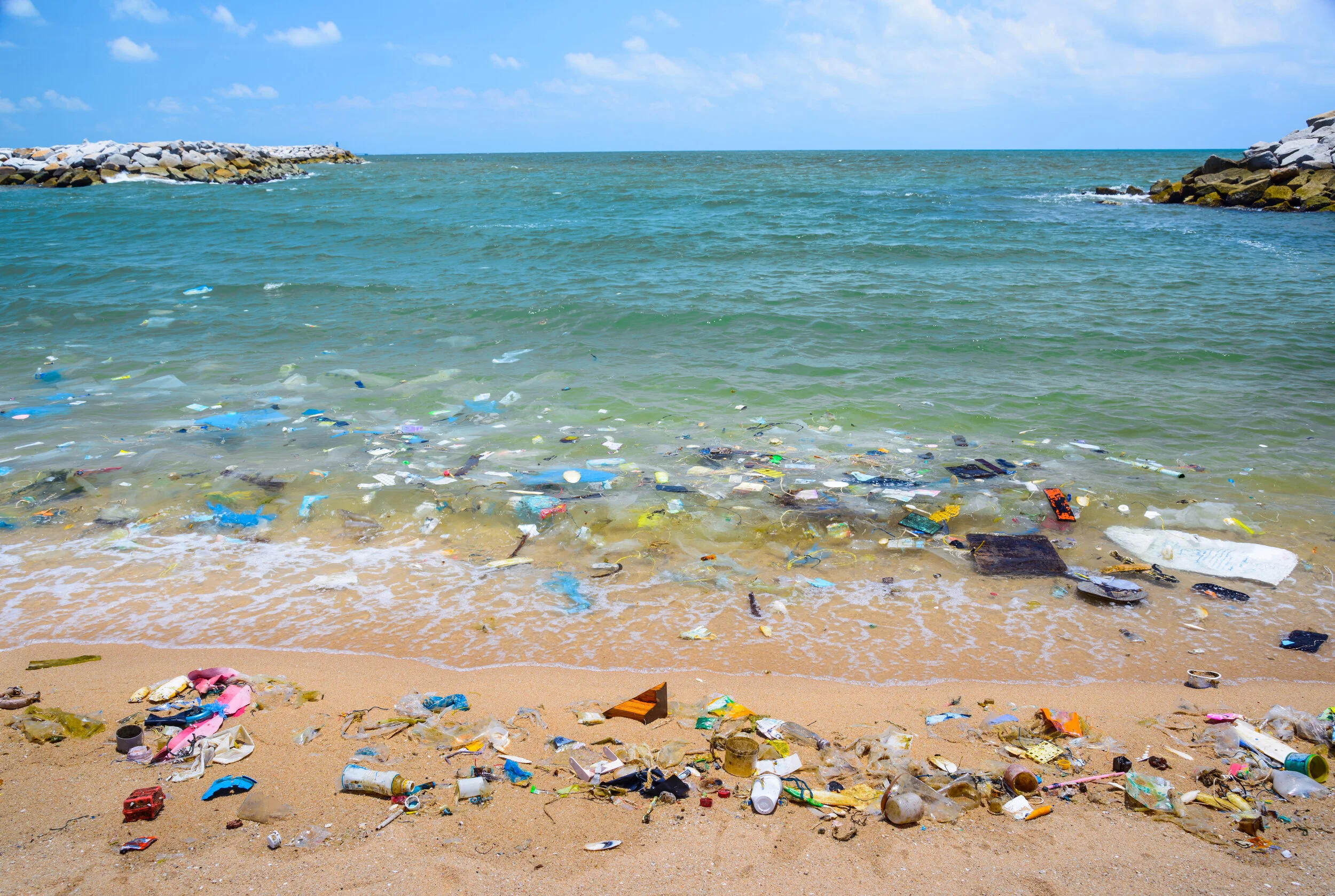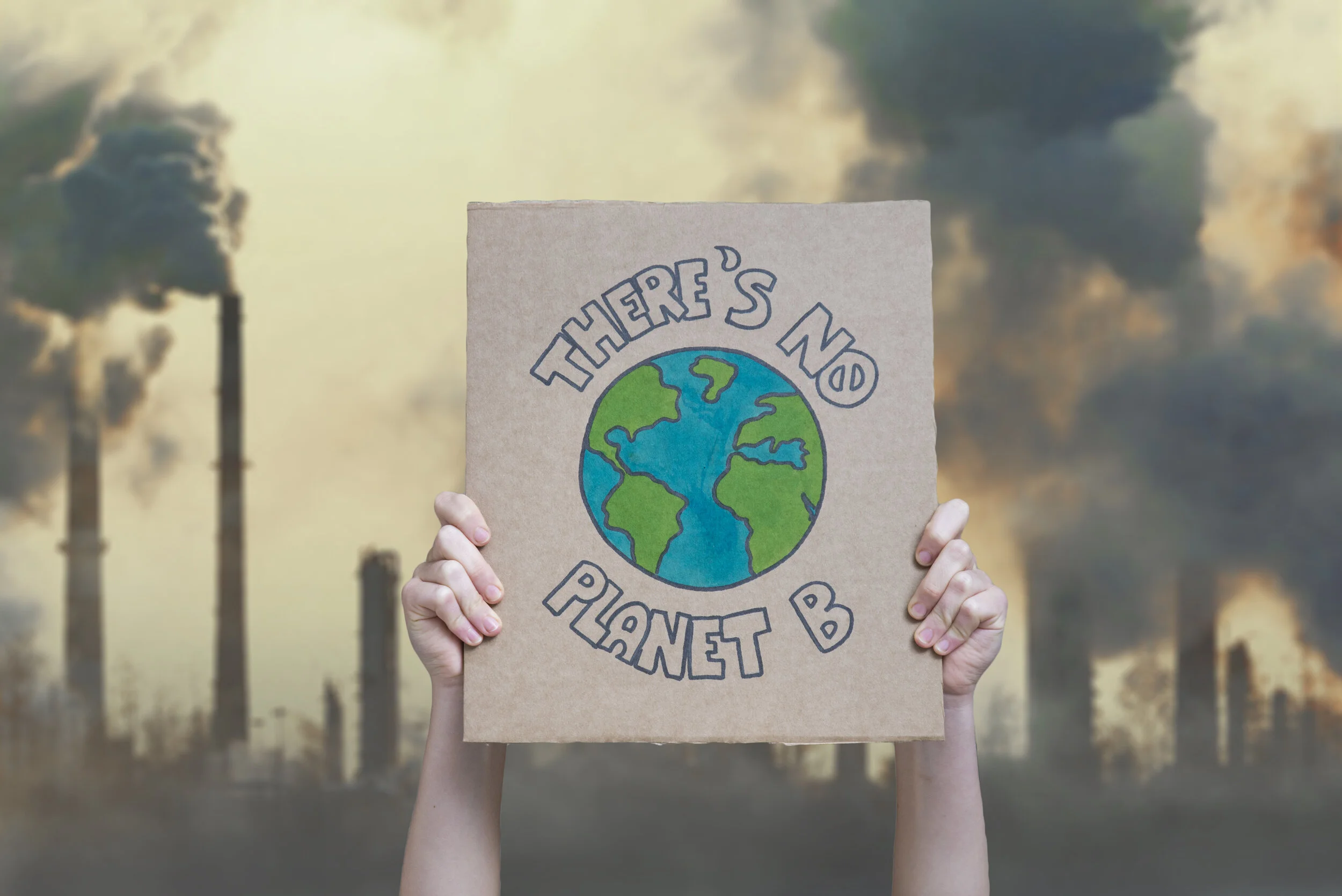plastic pollution
Plastic poses risks to human and environmental health at every stage of its life: production, use, and disposal.[1]
The mismanagement of plastic waste is the result of overproduction and the flawed and historic linear management of plastic – take carbon feedstocks by extracting coal, oil, and gas from the environment, make a plastic product, and then dispose of the good after its initial useful life. As You Sow is working to reduce the use of plastic, and turn this linear plastics economy into a circular economy . A circular economy for plastics is a model where plastics remain in circulation longer, are reused, are recycled at the end of their life span, and kept out of the environment.
In the absence of a circular economy for plastics, flows of plastic waste into the ocean are expected to nearly triple by 2040, from approximately 11 million metric tons per year in 2016 to approximately 29 million metric tons.[2]
As You Sow is working with companies to
REDUCE
REDESIGN
& REIMAGINE
plastic packaging to design a circular economy for plastics.
Some of our recent work is highlighted below.
As You Sow’s engagements have resulted in historic commitments by leading consumer goods brands and retailers. These agreements are expected to result in the reduction of more than 1 million metric tons of virgin plastic packaging.
1 Million Tons Of Reduction Commitments
AREAS FOR CORPORATE ACTION ON PLASTIC POLLUTION
Our work is guided by our 2024 Plastic Promises Scorecard ranking 225 major consumer goods companies on their ambition and action in all six pillars: recyclability, reduction, recycled content, recovery, reuse, and extended producer responsibility.
PLASTIC SOLUTIONS INVESTOR ALLIANCE
As You Sow founded and manages an international coalition of investors to engage publicly traded consumer goods companies on the threat posed by plastic waste and pollution, the Plastic Solutions Investor Alliance (PSIA). More than fifty institutional investors from four countries with a combined $2.6 trillion of assets under management have signed a declaration on plastic pollution citing plastic pollution as a clear corporate brand risk and pledging to interact with leading companies to find solutions through new corporate commitments, programs, and policies. Our core engagements are with five large consumer goods companies: Coca-Cola Company, Nestle, Procter & Gamble, PepsiCo and Unilever.
ENDNOTES
[1] https://www.minderoo.org/no-plastic-waste/minderoo-monaco-commission/
[2] https://www.pewtrusts.org/-/media/assets/2020/07/breakingtheplasticwave_report.pdf

